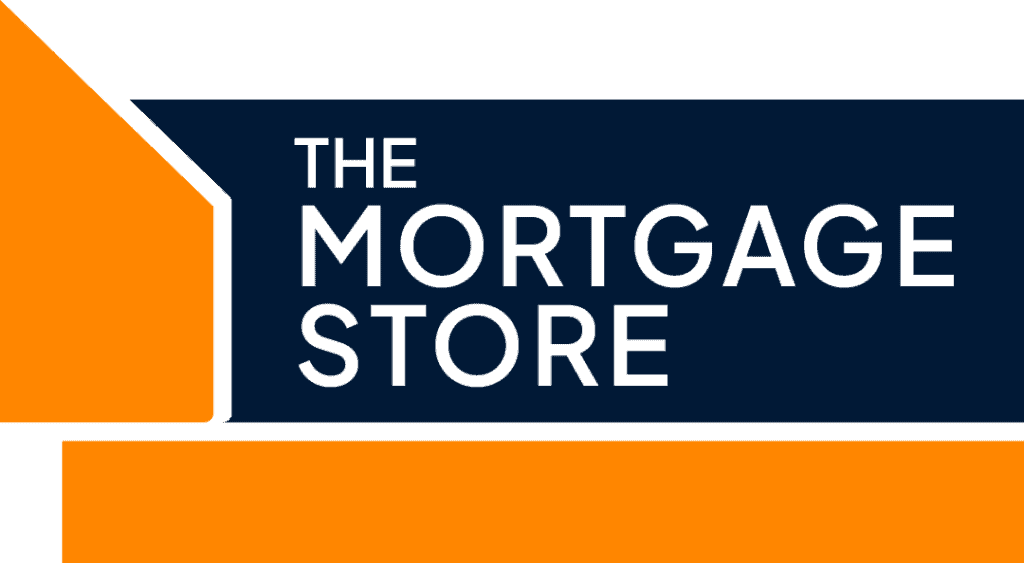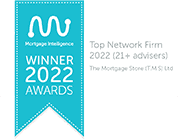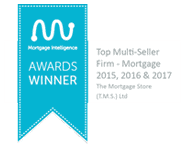
100% Mortgages
Are you considering a 100% mortgage to achieve your dream of homeownership in the United Kingdom? These mortgages offer the appeal of purchasing a property without a substantial deposit. In this comprehensive guide, we’ll explore the advantages, disadvantages, and criteria associated with 100% mortgages, helping you make an informed decision on your path to owning a home.
Advantages of 100% Mortgages
No Deposit Required: The most significant advantage is that you don’t need to save for a hefty deposit. This allows you to enter the property market sooner, even if you haven’t had the chance to build substantial savings.
Quicker Entry to Homeownership: 100% mortgages can expedite your journey to homeownership, helping you secure your dream home without waiting years to accumulate a deposit.
Diverse Lender Options: Several lenders offer 100% mortgages, providing borrowers with a variety of choices to find the best terms and interest rates.
Potential for Property Appreciation: By entering the property market earlier, you have the opportunity to benefit from potential property appreciation, which can increase the value of your investment over time.
Disadvantages of 100% Mortgages
Higher Interest Rates: Lenders may charge higher interest rates on 100% mortgages due to the increased risk associated with lending without a deposit.
Limited Loan Options: Your choices of mortgage products may be limited compared to borrowers with substantial deposits. This can affect your ability to secure competitive rates and terms.
Risk of Negative Equity: With a 100% mortgage, you have a smaller equity stake in your property. If property values decline, you may find yourself in a situation of negative equity, where your mortgage balance exceeds the property’s value.
Stricter Eligibility Criteria: Lenders may impose stricter eligibility criteria, including higher income requirements and a strong credit history, to mitigate the risks of 100% mortgages.
Criteria for 100% Mortgages
To qualify for a 100% mortgage in the UK, you may need to meet the following criteria:
Good Credit Score: A strong credit history and a high credit score are often required to secure a 100% mortgage. Lenders will assess your creditworthiness.
Stable Employment and Income: Demonstrating a reliable source of income and stable employment can improve your eligibility.
Affordability: Lenders will evaluate your ability to make mortgage repayments comfortably. This includes considering your income, expenses, and any existing debts.
Guarantor or Family Support: Some 100% mortgage products may require a guarantor, usually a family member, who is willing to take responsibility for the mortgage if you default.
Proof of Savings or Gifted Deposit: Some lenders may require proof of savings or a gifted deposit to demonstrate your commitment to homeownership.
Conclusion
100% mortgages can be a viable option for those who lack a substantial deposit but wish to enter the property market. While they offer advantages such as quicker homeownership, they also come with potential disadvantages and stricter eligibility criteria. It’s essential to carefully weigh the pros and cons and seek advice from experienced mortgage professionals such as ourselves to determine if a 100% mortgage aligns with your financial goals and circumstances.
CONTACT US NOW if you need this type of mortgage
Why The Mortgage Store?

Potentially source a better rate

Find out your upgrade options







